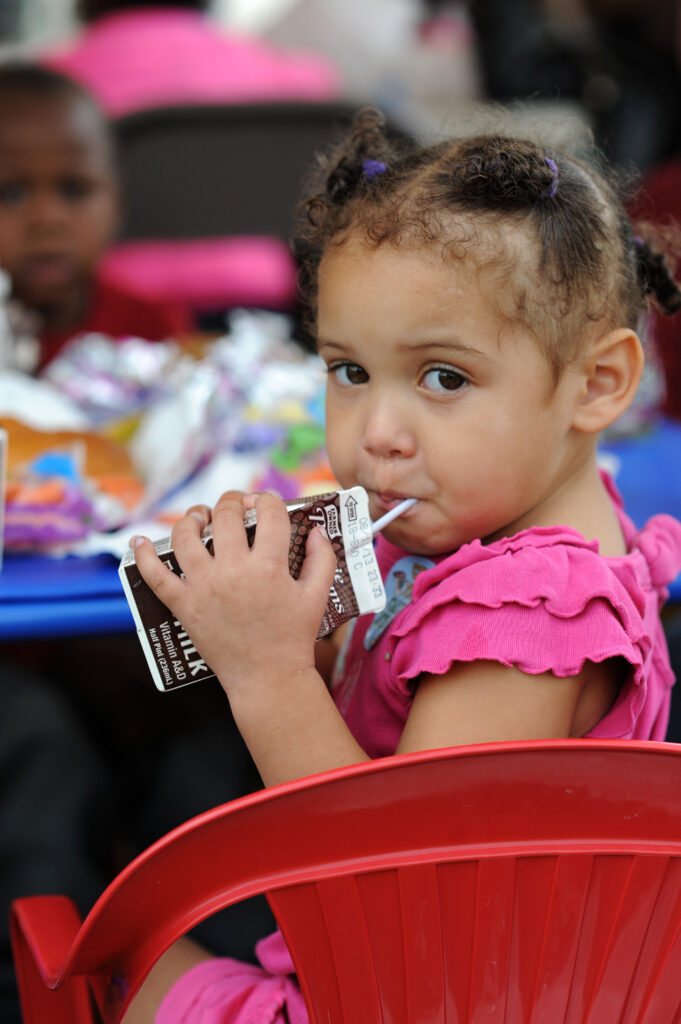Food insecurity in kids impacts school performance, behavior, experts say
May 10, 2017
Hunger is more than missing a meal, and the psychological, emotional, social impact on children can have a lasting negative effect, according to experts who spoke at last month’s “Coming Together: A Community Response to Hunger” conference hosted by the Food Bank of Delaware and Brae’s Brown Bags.
The Food Bank of Delaware offers several programs that specifically target children. Last year, we distributed 243,390 meals statewide through our after-school nutrition programs which serve at-risk children.
In addition, each week more than 5,000 children received backpacks at 133 sites statewide. The backpacks – packed by volunteers- are filled with shelf-stable food for weekend meals.
And during the summer, we distributed 87,138 meals through the Summer Nutrition Program.
These programs are important for children and their families, according to a panel composed of three Delaware professionals who work closely with children. They discussed how closely nutritious food is connected to more good mental, emotional, and physical health.
Dr. Stephanie Deutsch, MD, co-director of the CARE (Children at Risk Evaluation) program within the Division of General Pediatrics, Nemours Alfred I. DuPont Hospital for Children; Dorrell Green, assistant superintendent, Brandywine School District; and Molly Perdue, school-based family crisis therapist, Division of Prevention and Behavioral Health Services, Eisenberg Elementary School, explained why these programs that provide for hungry children are so important.
In fact, the Centers for Disease Control and Prevention continue to collect and study data from the Adverse Childhood Experience (ACE) questionnaire to address negative behaviors in school and in the community.
One of the 10 questions on the ACE questionnaire asks about not having enough food. Other questions address domestic violence – physical and emotional – as well as neglect.
Food insecurity is a traumatic experience that has a lasting impact on lives, and combined with other negative family dynamics, may be linked to obesity, aggressive and anti-social behaviors, and poor academic performance.
These experts addressed hunger-induced trauma which can manifest as lack of focus or living in a constant flight-or-fight state, and therefore unable to function well in a classroom setting.
Food insecurity impacts the way the brain functions, explained Dr. Deutsch.
All three of these panel members praised the school food pantries that the Food Bank has set up in 27 schools statewide because the pantries provide “an opportunity to build a relationship with the family and support them in place. Dignity is not an issue. Food is critical to childhood development,” she said.
To learn more about the Food Bank of Delaware’s child nutrition programs, please click here.










